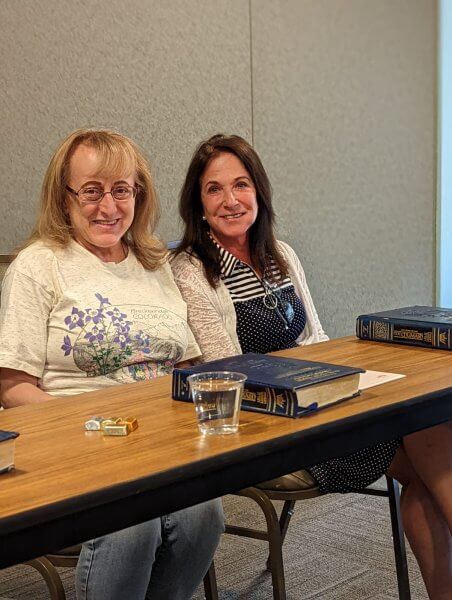VOLUME 96 NUMBER 1
May 14, 2021
SIVAN 3, 5781
PARSHAS BAMIDBAR
Candlelighting Time 7:49 PM
The previous sefer, Vayikra, discussed in great length the laws pertaining to the sacrifices that were brought in the Mishkan. Nachmonides in his preface to Bamidbar explains that we are now going to learn about the laws that apply to the Mishkan itself. Therefore, one would expect that we should refer to this sefer as Mishkan since that is the topic at hand. However, as Netziv points out, our Sages called this sefer the Chumash of the Counting because of the two censuses that took place. It seems somewhat unusual to ignore the main body of discussion and to instead focus our attention on a matter which certainly has no direct impact upon us, or does it?
Netziv notes that the protocol of the two countings differed in many ways. By the first census each tribe had their own leader that facilitated the process. However, by the second one many tribes were under the leadership of one prince. Secondly, and more important, initially the tribe of Ephraim was counted before Menashe. However, later on Menashe was first. The objective of the second census was preparatory for the division of the land of Israel. Obviously, this was a natural event that would take place and allot each tribe their share in the land. The second counting was a defined event to organize the tribes to live in the Land of Israel. Their settling in the land began a new phase of their relationship with Hashem. The first census that took place in the desert, was sacrosanct. They were exposed to miraculous experiences such as the Clouds of Glory that hovered over them and the manna, bread from Heaven. This indicated that their connection with Hashem was governed in an extraordinary fashion. However, they were unable to maintain that superior level of association with Hashem and therefore they faltered.
In Parshas V’eschanan Moshe was aghast because the nation did not want to hear the Ten Commandments directly from Hashem. Instead, they preferred that Moshe should listen to them and then convey them to the people. Rashi explains that Moshe sensed that their lack of enthusiasm was due to a deficiency in their love of Hashem. Therefore, their level of Heavenly fear, an obvious progression from their love of Hashem prevented them from wanting to hear Hashem words themselves.
We had the prospect to reach the very heights of spirituality when we received the Torah, yet we did not seize that opportunity. We recite in Tehillim that Hashem said that we are like the angels, meaning that we could have reached a fantastic zenith at Mt. Sinai, yet we squandered it. We were not the visionaries that Hashem expected of us and therefore we did not have the prudence to sustain our intensity and closeness to Hashem.
Every year at this propitious time, Shavuos, the very Heavens open us allowing us to tap into that reservoir of purity. It is a challenge that we need to realize what a chance we have to elevate our status from the mundane and access an angelic existence that will totally transform our lives and enrich them well beyond our present vista. Vision and fortitude are the essential dynamics required and if we utilize tremendous inner strength we will be successful and have a wonderful Yom Tov.
A BYTE FOR SHABBOS AND YOM TOV
When a person is committed to learn Shavuos night with tremendous intensity then he will merit that he will not tire and he will be able to focus with incredible strength and fortitude. ~SHALO HAKADOSH
GOOD SHABBOS AND HAVE A WONDERFUL YOM TOV


